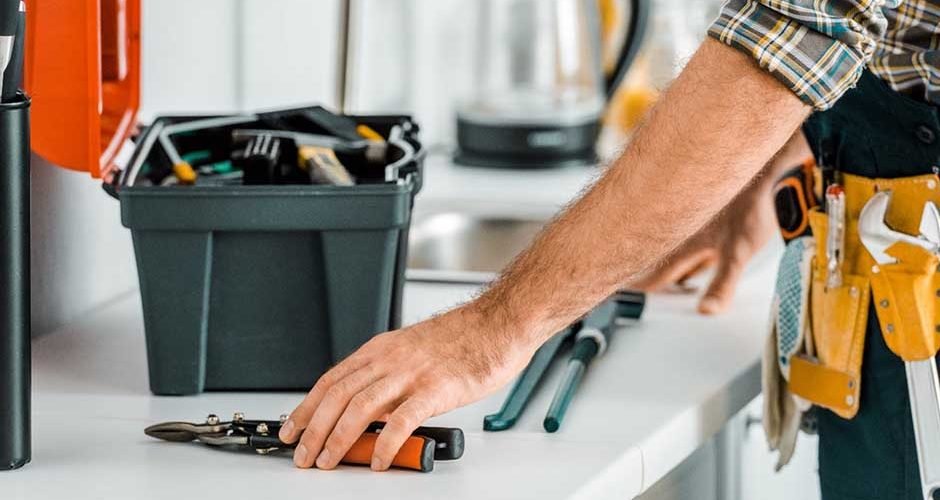Maintaining a well-functioning drainage system is paramount for your home’s plumbing. Blockages, leaks, and drainage issues can significantly impact the overall performance of your plumbing system. This comprehensive article explores the critical role of proper drainage, the functioning of drainage systems, the consequences of drainage problems, and essential maintenance tips. For reliable plumbing advice and assistance in the Durham region, trust the experienced plumbers at Caldwell Plumbing.
Table of Contents
What is a Drainage System?
Efficient wastewater disposal is essential for the smooth operation of your home plumbing system. A drainage system disposes of various waste types, including rainwater, sewage, and wastewater from sinks and showers.
The primary purpose of the drainage system is to eliminate waste while preventing harmful sewage gases from entering the home, as these gases can pose a fire hazard. Freshwater is supplied to the house through a water service or well, entering through piping structures equipped with drain lines to remove excess wastewater. Utilizing gravity, the drain lines direct the wastewater to the sewer line, which safely disposes of it through appropriate channels.
Vent piping facilitates air drainage from the pipe systems, allowing sewer gases and other harmful substances to escape. Additionally, traps installed within the drainpipes collect dirty water, sealing it off to prevent sewer gases from entering the home and plumbing system.
Common Issues with Drainage Systems
To emphasize the importance of maintaining a proper drainage system, let’s examine the most common issues that homeowners may encounter:
- Clogging: Drain pipes are designed to handle wastewater, not hair or debris. Regularly snaking or flushing the drains is essential to remove clogs and ensure smooth drainage. Failure to address clogs promptly may result in wastewater resurfacing in sinks and showers.
- Sewer Line Breaks: Cracked or broken sewer lines can cause wastewater and sewage to back up and emerge through drains. In such cases, contacting a plumber becomes vital to locate the leak and replace the damaged section of the underground pipe.
Tips for Maintaining Your Drainage System
To ensure the proper functioning of your drainage system, follow these essential maintenance tips:
- Minimize Blockages: Be cautious when using kitchen sinks, showers, and bathroom sinks to avoid drain blockages. Prevent food, debris, and foreign objects from entering the drainage system. Regularly cleaning your drainage pipes with bleach or drain cleaner can help prevent clogs and unpleasant odours.
- Snake Your Drains Regularly: Periodic snaking of drains (about once a year) prevents the accumulation of hair and debris, reducing the risk of clogging. Frequent snaking may be necessary if a significant amount of hair is in the drains.
- Properly Dispose of Fats: Avoid pouring fats and oils down the drain, as they can cause severe damage. Fats do not mix with water and can adhere to the inside of the gutter, leading to stubborn blockages.
Conclusion
Proper drainage is a critical element of a home plumbing system, ensuring the efficient removal of wastewater while preventing clogs and sewage backups. By understanding the functioning of drainage systems and implementing regular maintenance, homeowners can significantly reduce the likelihood of plumbing issues. For expert advice and assistance in maintaining your drainage system or addressing drainage-related problems, trust the expertise of Caldwell Plumbing. Their reliable and exceptional plumbing services in the Durham Region will ensure your property’s drainage system operates smoothly.





